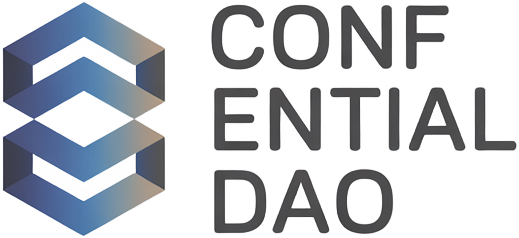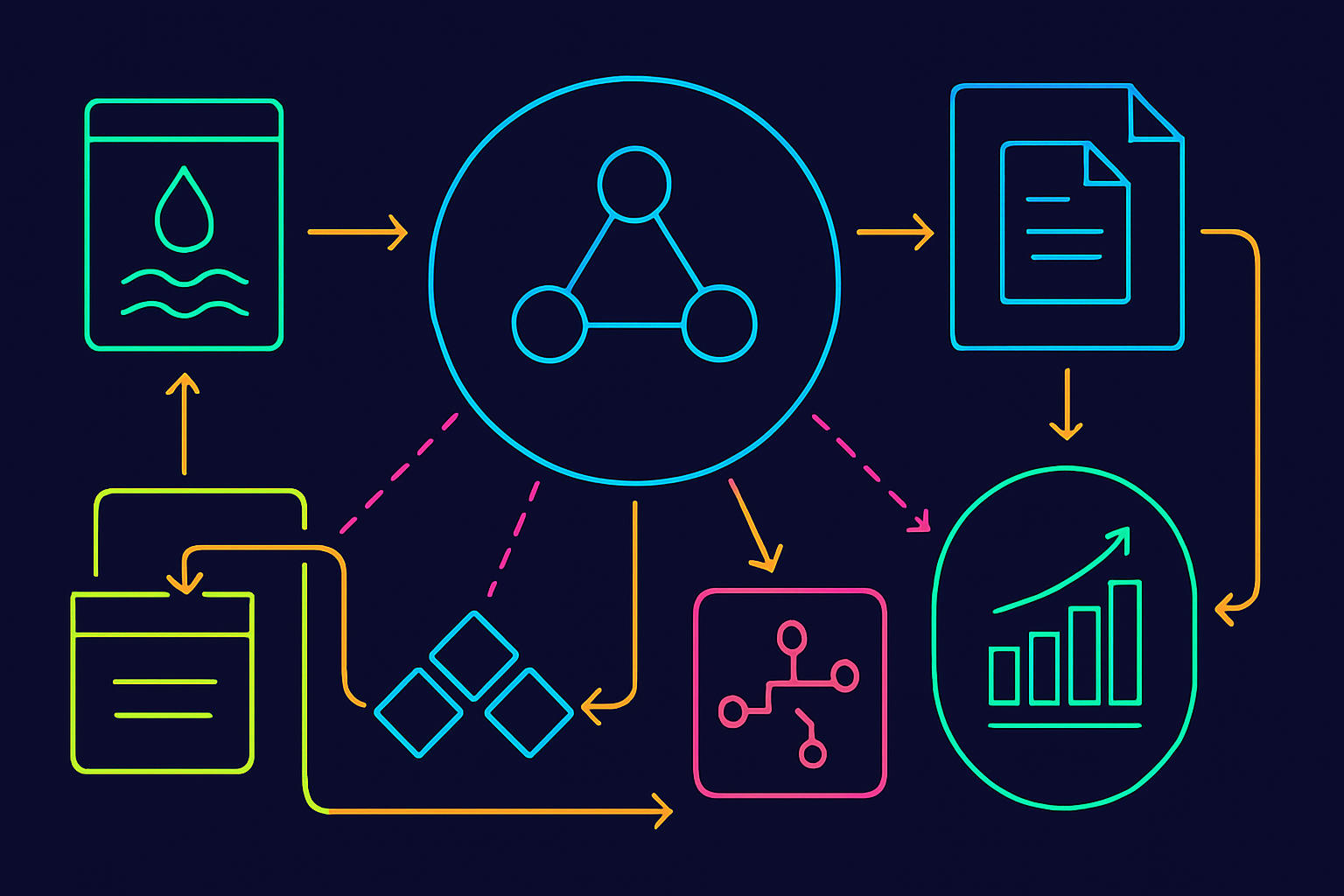
Decentralized Autonomous Organizations (DAOs) have redefined collective decision-making, yet their governance models remain exposed to a host of privacy and security vulnerabilities. As the crypto ecosystem matures, the demand for confidential DAO voting is surging. Traditional on-chain voting mechanisms, while transparent, often leave participants’ choices and identities visible, opening the door to manipulation, coercion, and the bandwagon effect. In this context, the emergence of Fully Homomorphic Encryption (FHE) is nothing short of transformative for DAO governance security.
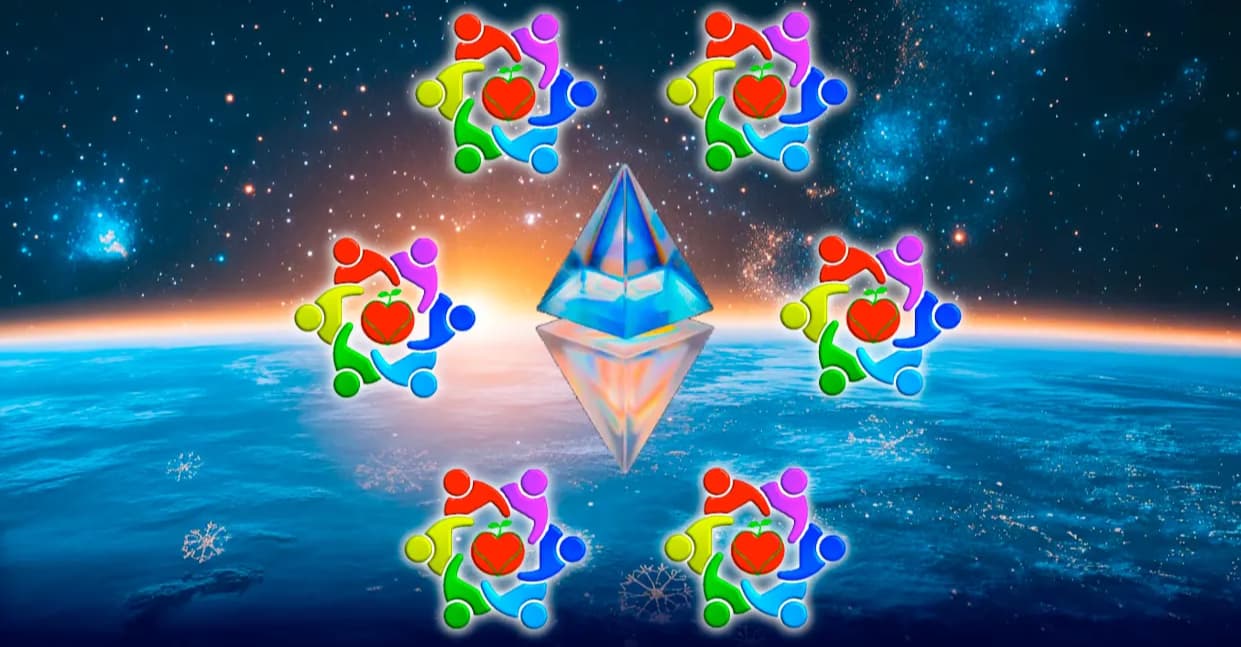
Why Privacy in DAO Voting Is Non-Negotiable
The ethos of DAOs is rooted in collective autonomy and democratic participation. However, as recent research highlights, low decentralization (or Voting-Bloc Entropy) makes DAOs more susceptible to governance attacks and voter apathy. The visibility of individual votes not only undermines privacy but also erodes trust, as participants may fear retaliation or social pressure based on their voting record. This transparency paradox has led to declining confidence in DAO voting processes, as noted by several industry observers.
Moreover, as DAOs increasingly manage significant treasuries and real-world assets, the stakes for governance outcomes have never been higher. The current market data underscores this evolution: with Ethereum (ETH) trading at $4,045.05, DAOs built on Ethereum now command substantial economic influence. In such an environment, protecting the confidentiality of each vote is essential not just for individual safety but for the integrity of the entire governance process.
FHE: The Backbone of Encrypted DAO Voting
Fully Homomorphic Encryption (FHE) enables computations on encrypted data without ever revealing the underlying information. In the context of DAOs, this means that every vote can remain confidential from submission to tallying. Unlike older privacy solutions, FHE doesn’t require trusted intermediaries or reveal partial information at any stage, a crucial leap for private on-chain voting protocols.
Let’s break down the key security advantages FHE brings to DAO governance:
Key Benefits of FHE-Powered Confidential DAO Voting
-

Enhanced Voter Privacy: FHE ensures that individual voting choices remain confidential throughout the process, protecting members from external scrutiny or retaliation.
-
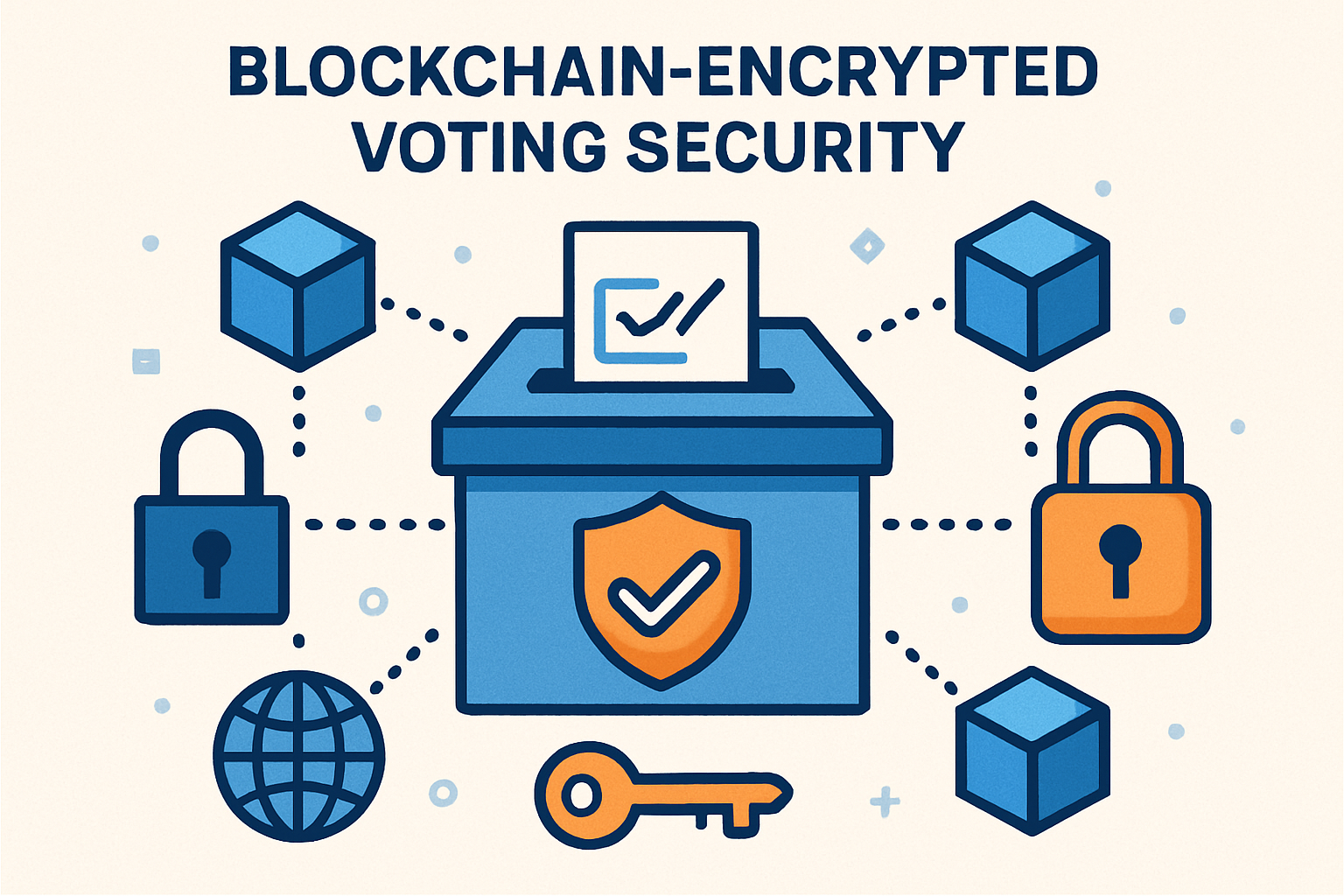
Stronger Security Against Manipulation: By keeping votes encrypted at all stages, FHE-powered systems are highly resistant to tampering and unauthorized access, reducing the risk of vote manipulation.
-
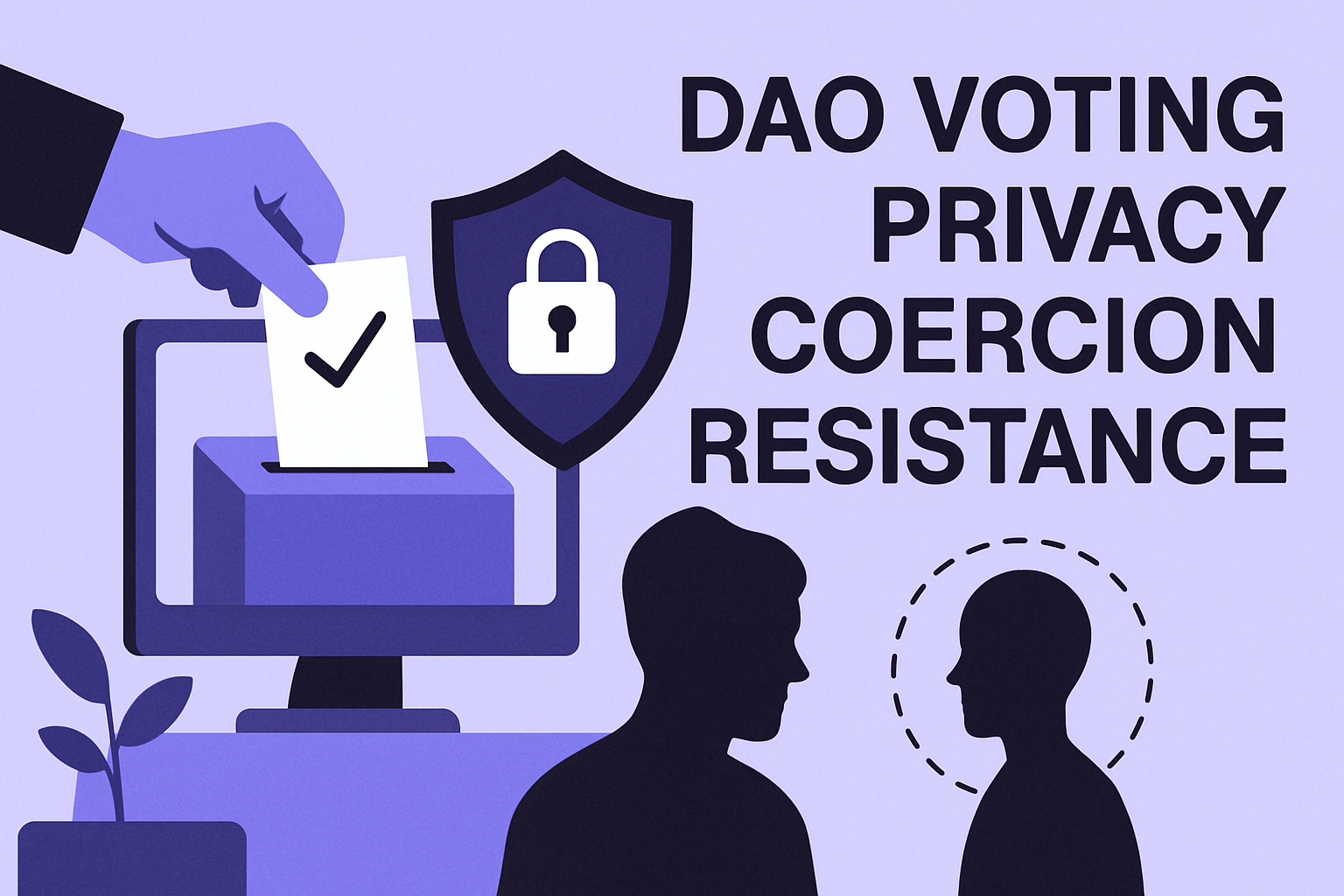
Coercion and Vote-Buying Resistance: Confidential voting makes it impossible for third parties to verify how someone voted, effectively mitigating coercion and vote-buying schemes within DAOs.
-
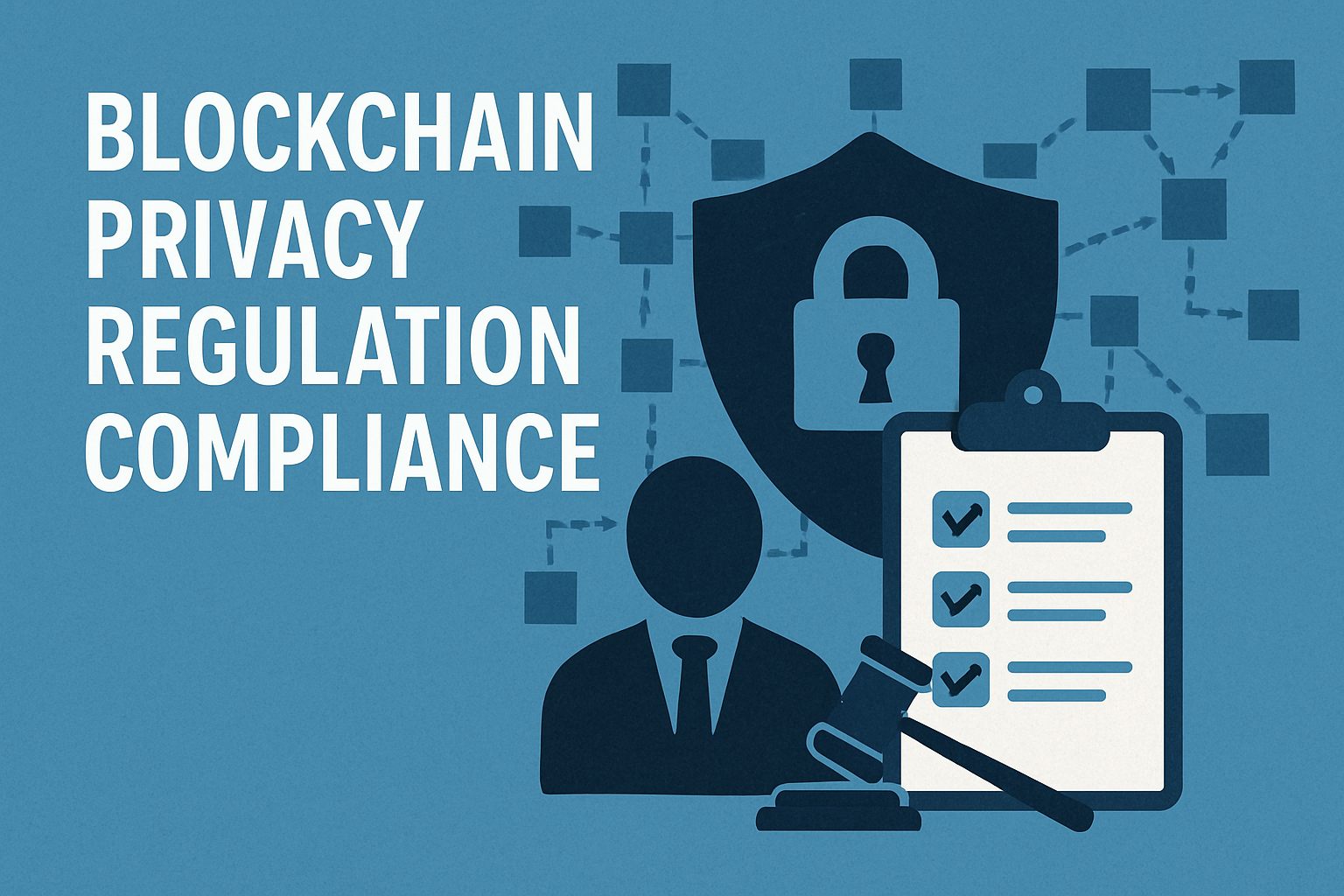
Compliance With Privacy Regulations: FHE-based voting aligns with data protection laws by ensuring that sensitive voting data is never exposed, supporting regulatory compliance across jurisdictions.
-
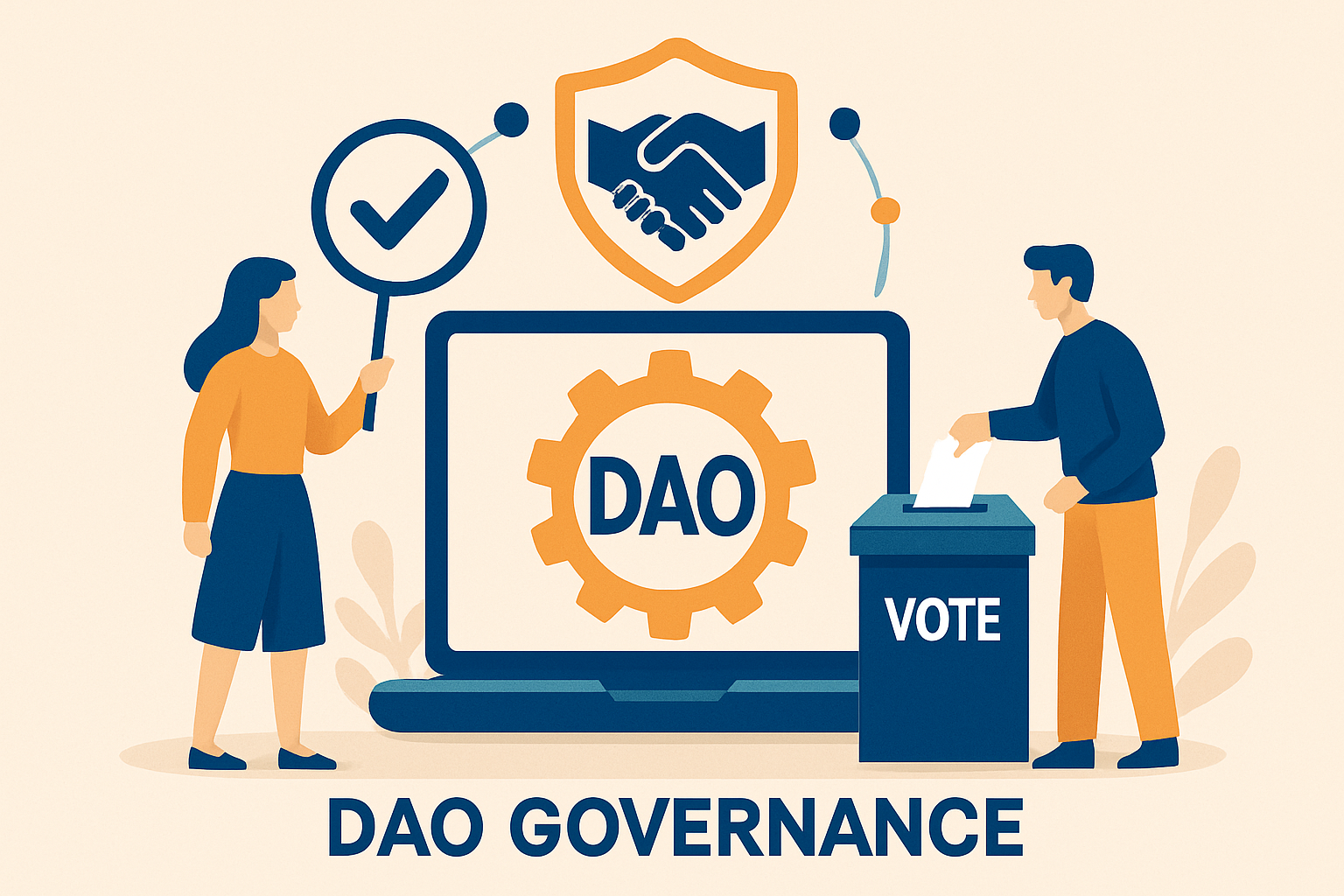
Restored Trust and Participation: By addressing privacy and security concerns, FHE-powered voting helps restore member confidence in DAO governance, encouraging more active and honest participation.
1. Voter Privacy: Individual choices remain secret, preventing external actors from targeting or coercing voters.
2. Manipulation-Proof Tallying: Encrypted votes cannot be altered or selectively revealed, closing off avenues for fraud.
3. Coercion Resistance: Since votes are never exposed, vote buying and pressure campaigns become infeasible.
4. Regulatory Alignment: Confidentiality aligns with modern privacy regulations, lowering compliance risks for global DAOs.
5. Trust Restoration: Private voting mechanisms help restore faith among DAO members, driving higher participation and more robust outcomes.
The Rise of FHE SDKs and Confidential Governance Frameworks
Innovative projects like Zama’s fhEVM are spearheading the integration of FHE into blockchain environments. These SDKs enable developers to build confidential smart contracts and encrypted DAO voting systems natively on Ethereum and EVM-compatible chains. Such frameworks are already being piloted in leading DAOs, laying the groundwork for a new era of manipulation-proof DAO governance. For a deeper dive into these architectures, see our guide on confidential DAO architectures.
As FHE-powered solutions become more accessible, we are witnessing a paradigm shift in how decentralized communities protect their internal processes. Private voting is no longer a theoretical ideal but a practical necessity for DAOs seeking resilience in an increasingly adversarial landscape.
Yet, implementing encrypted DAO voting is not just about technological sophistication, it’s about realigning incentives and power dynamics within decentralized organizations. When votes are shielded by FHE, the notorious problems of whale dominance and collusion are dramatically reduced. Voters can participate without fear of reprisal or being swayed by visible voting blocs, which in turn increases Voting-Bloc Entropy (VBE) and strengthens decentralization. The result? Higher voter turnout, more genuine deliberation, and outcomes that better reflect the collective will of the community.
How FHE DAO Governance Restores Confidence
DAOs have long struggled with voter apathy and manipulation. By leveraging confidential voting protocols, projects can now offer members a credible path to secure, fair, and verifiable decision-making. The current market context, Ethereum at $4,045.05: shows that the assets and influence at stake are only growing. The ability to guarantee privacy and integrity in governance is becoming a competitive differentiator for DAOs, not just a compliance checkbox.
Emerging DAO privacy solutions, such as those built with Zama’s FHE SDK, are already demonstrating how confidential voting can be seamlessly integrated with existing DAO tooling. These solutions provide cryptographic proofs that all votes are valid, without any participant ever seeing another’s ballot. This is a leap beyond simple zero-knowledge proofs, offering end-to-end encrypted workflows that can scale with the needs of large, diverse communities.
Would you participate more in DAO governance if your votes were fully confidential?
With new technologies like Fully Homomorphic Encryption (FHE), DAOs can now offer truly confidential voting—protecting your choices from public view and reducing risks like coercion or manipulation. Would this increase your willingness to engage in DAO decision-making?
For those interested in the technical deep dive, FHE-powered DAOs operate by encrypting each vote at the client level. The encrypted ballots are aggregated and tallied within smart contracts, with the final results decrypted only after the voting window closes. No off-chain intermediaries, no trusted setups, just pure, mathematically guaranteed privacy. This architecture not only protects against vote buying and collusion, but also ensures compliance with global data protection standards, which is increasingly critical as DAOs expand internationally.
What’s Next for Manipulation-Proof DAO Governance?
The adoption curve for private on-chain voting is accelerating. As more DAOs witness the tangible benefits, higher participation, reduced manipulation, regulatory peace of mind, confidential voting is poised to become the gold standard for decentralized governance. Real-world pilots are already underway, with organizations reporting a measurable uptick in member engagement and trust after deploying FHE-based voting systems. For further reading on how confidential voting is reshaping DAO security, see this in-depth analysis.
Leading DAO Projects Using FHE-Powered Confidential Voting
-
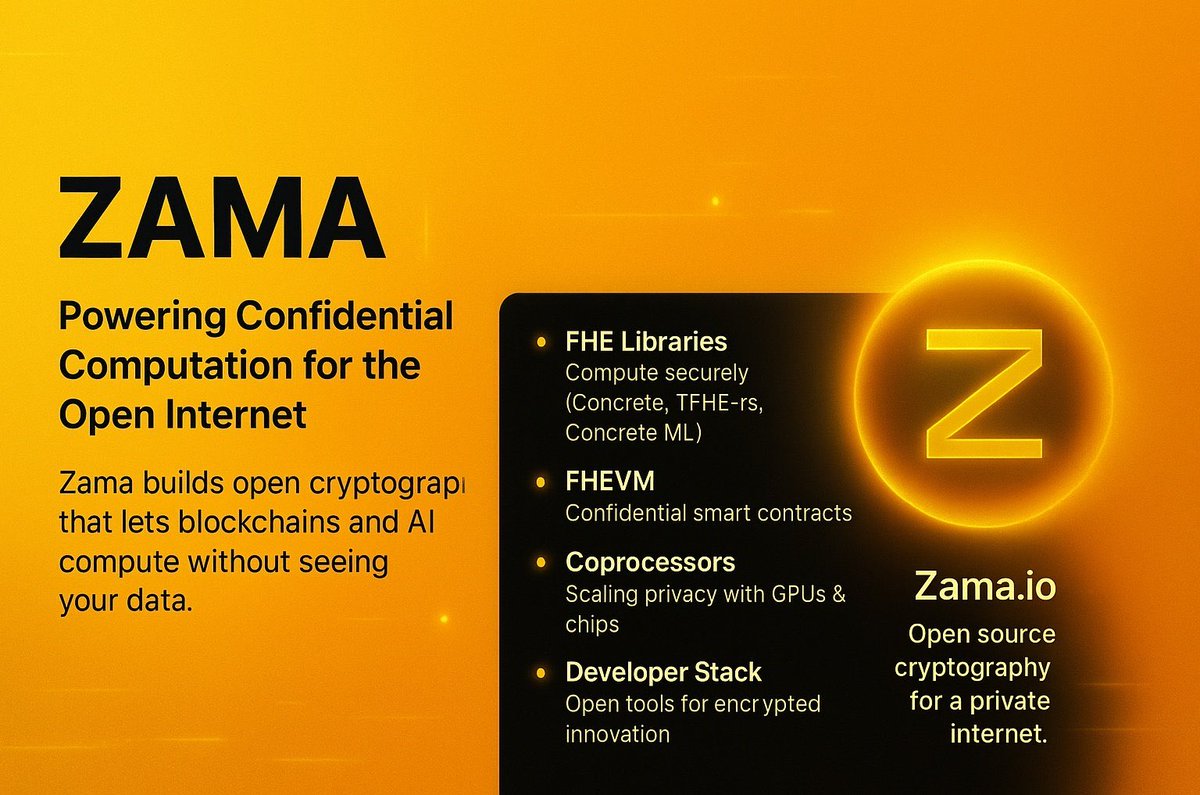
Zama’s fhEVM: Zama’s fhEVM is a groundbreaking Ethereum-compatible blockchain protocol that enables confidential smart contracts using Fully Homomorphic Encryption (FHE). Several DAOs are piloting fhEVM to implement private, verifiable voting, ensuring that individual votes remain encrypted and confidential throughout the process.
-

Shutter Network: Shutter Network provides shielded voting infrastructure for DAOs by leveraging threshold encryption, a form of cryptographic privacy related to FHE. Projects such as Decent DAO are integrating Shutter’s technology to secure governance votes and prevent vote manipulation or coercion.
-
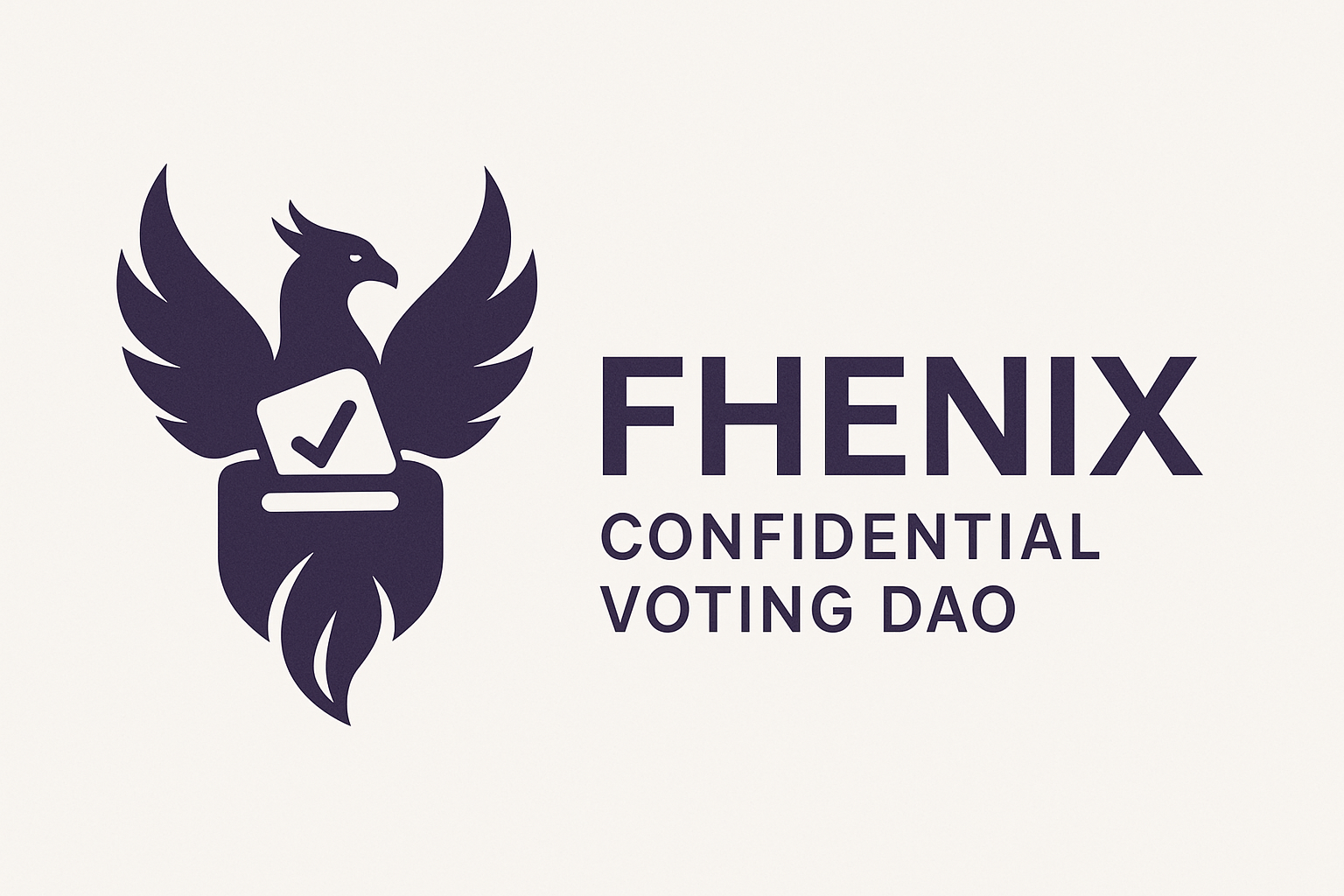
Fhenix: Fhenix is pioneering confidential smart contracts and voting on Ethereum using FHE. Their platform allows DAOs to conduct private, auditable votes, aligning with regulatory privacy requirements and enhancing governance integrity.
-
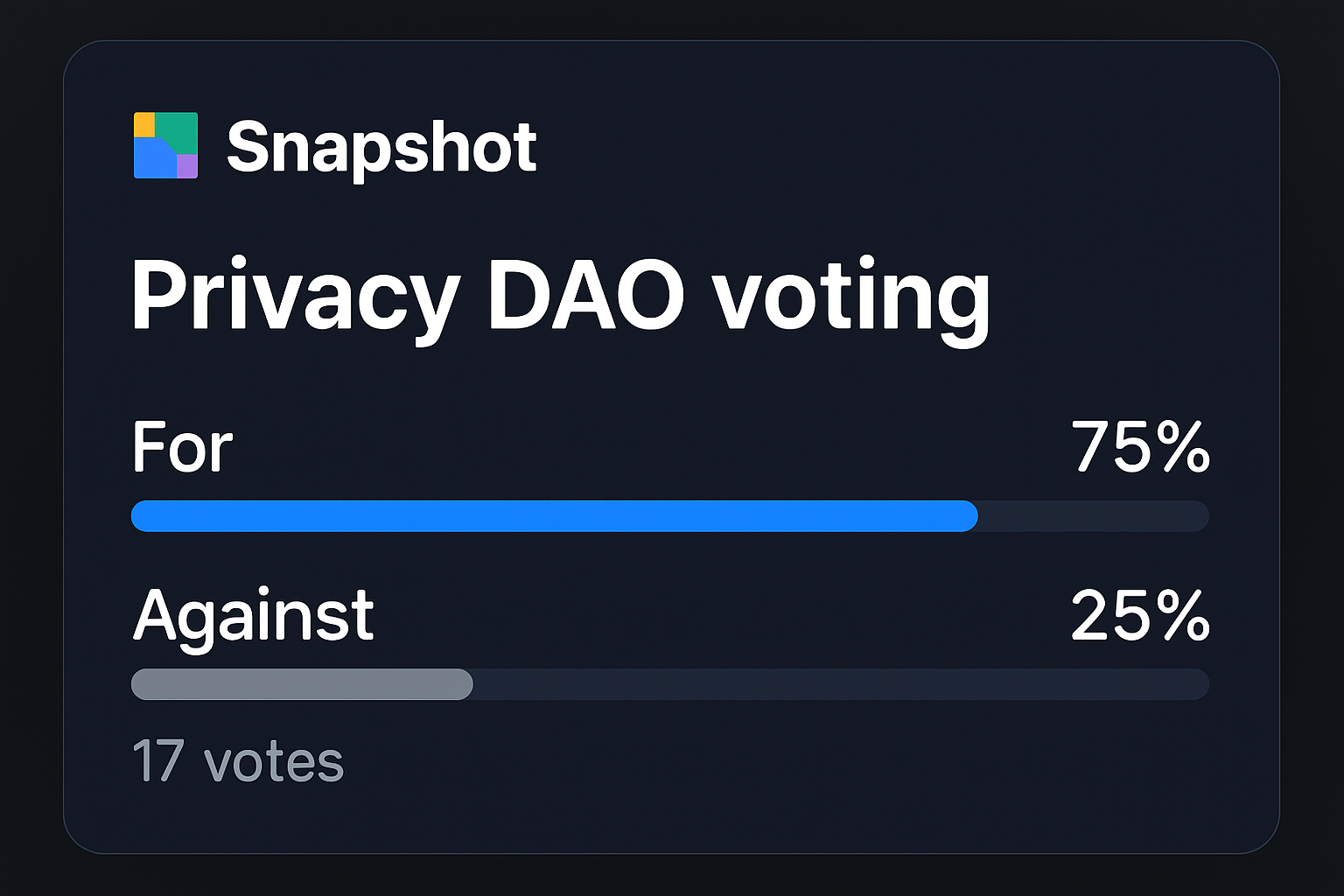
Snapshot X: Snapshot X is an evolution of the popular Snapshot voting platform, introducing privacy-preserving voting mechanisms for DAOs. While not exclusively FHE, Snapshot X is exploring integrations with FHE-based solutions to ensure confidential, tamper-resistant governance.
Looking ahead, the next wave of innovation will likely focus on usability and interoperability. As SDKs like Zama’s fhEVM mature, expect to see plug-and-play modules for confidential governance, cross-chain encrypted voting, and even privacy-preserving proposal discussions. The combination of cryptographic rigor and practical accessibility will be key to mainstream adoption.
Ultimately, FHE DAO governance is not just about protecting votes, it’s about unlocking the full potential of decentralized communities. By making manipulation-proof, confidential voting the norm, DAOs can foster environments where ideas compete on merit, not on visibility or influence. That’s how we build resilient, future-proof organizations in the Web3 era.
